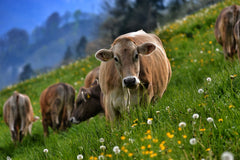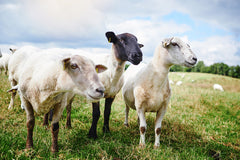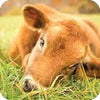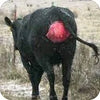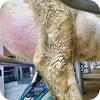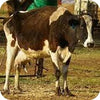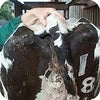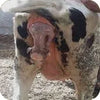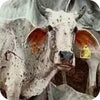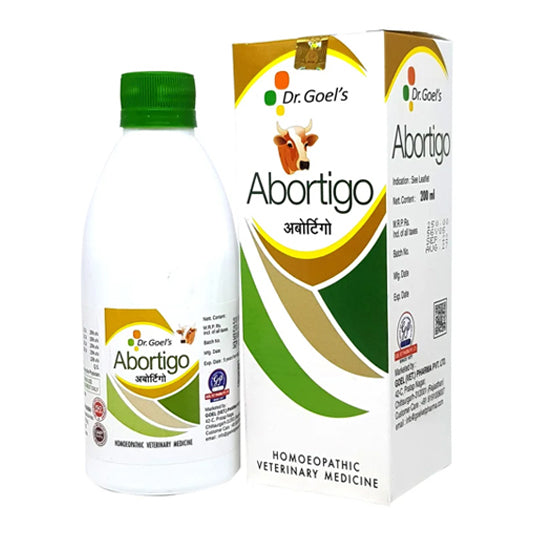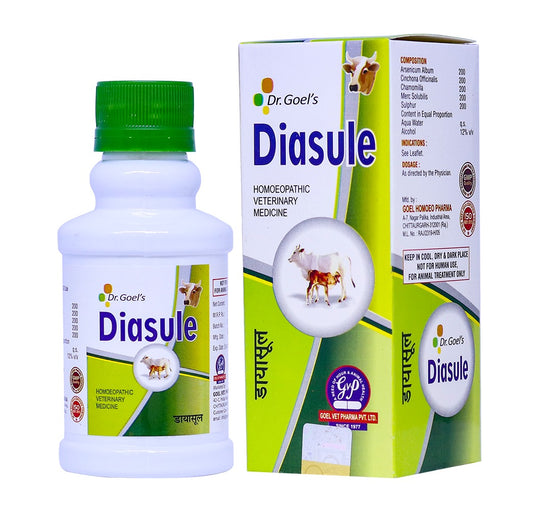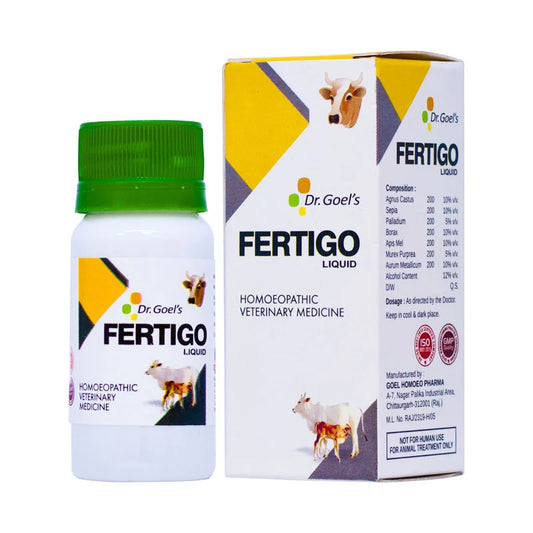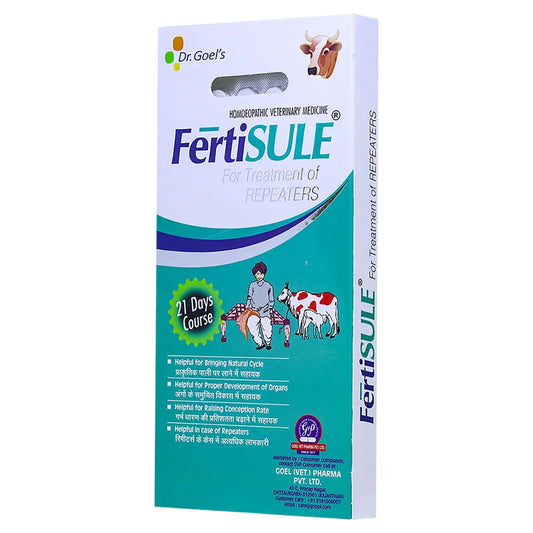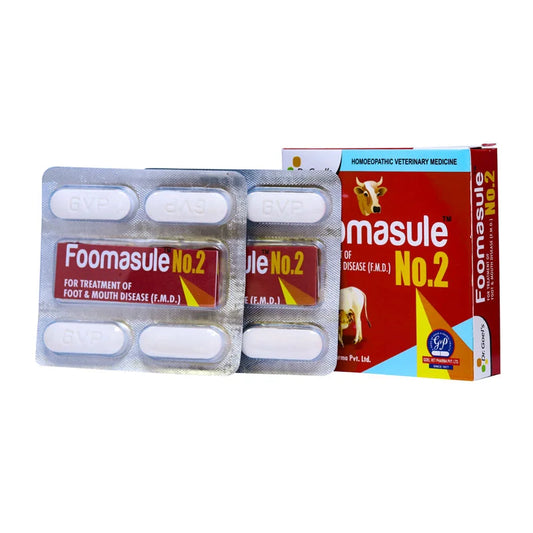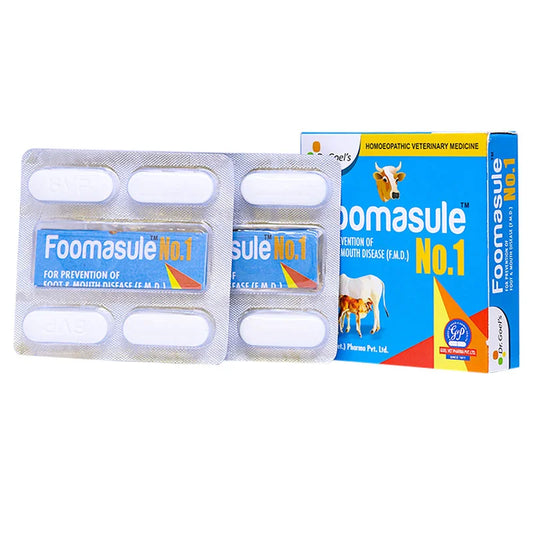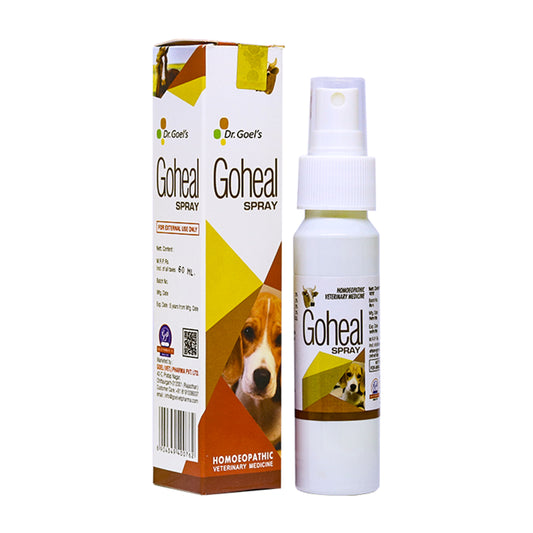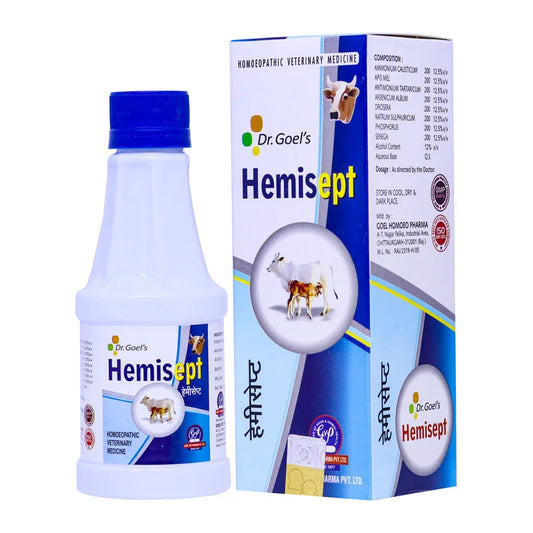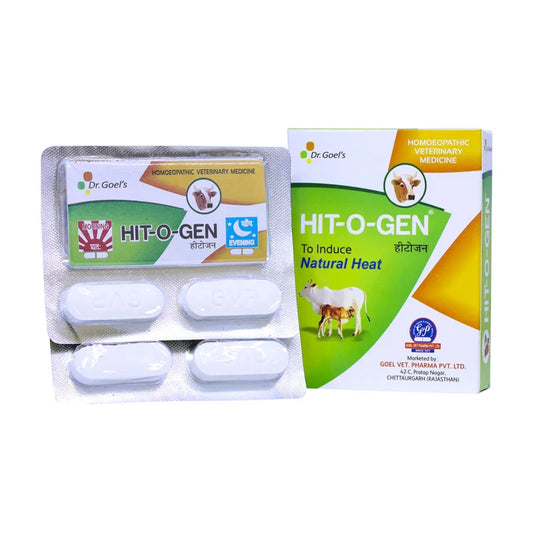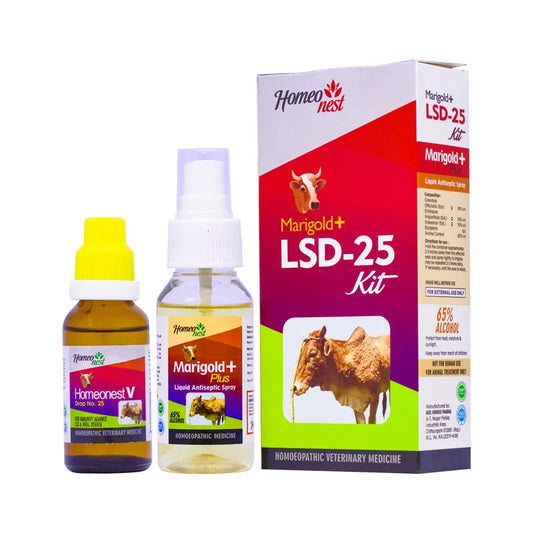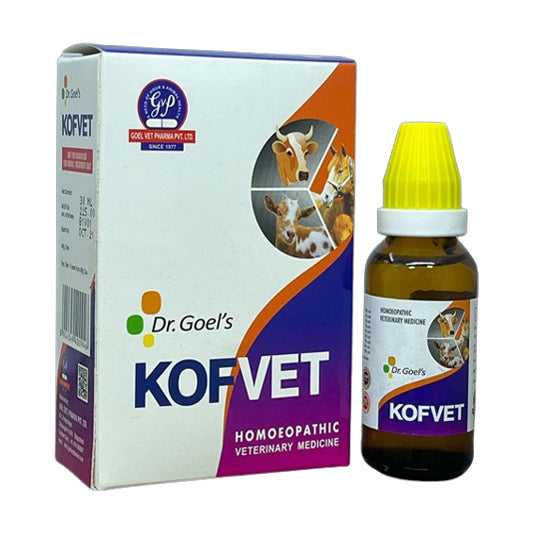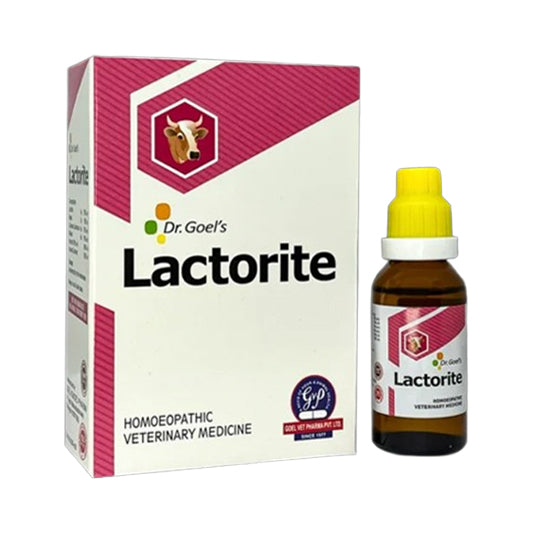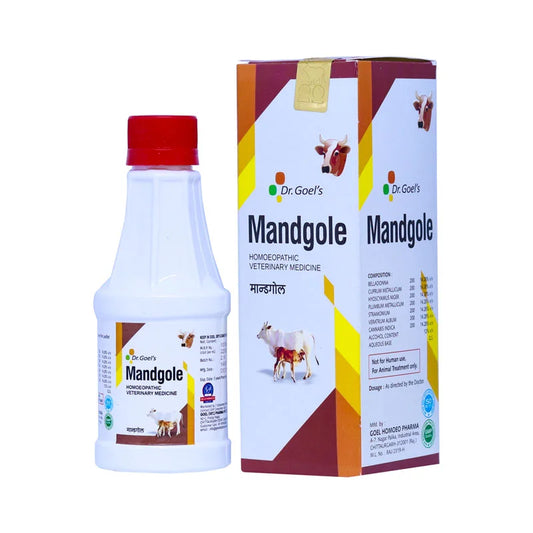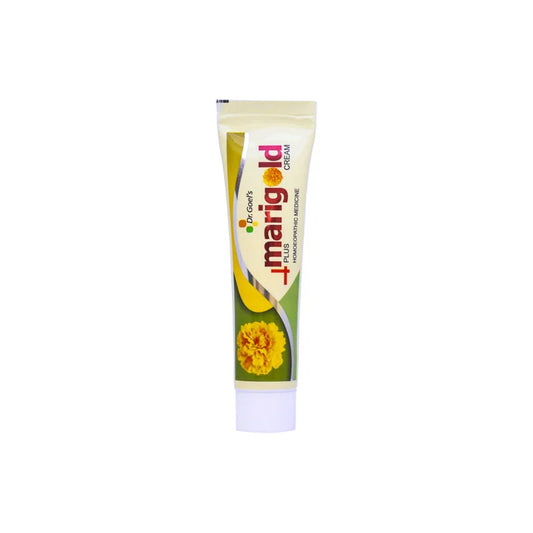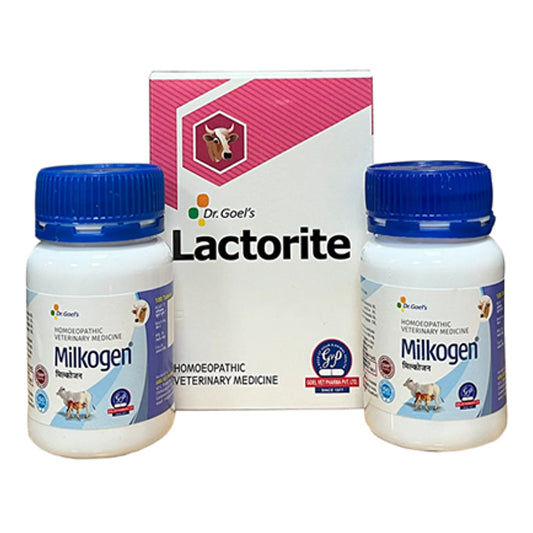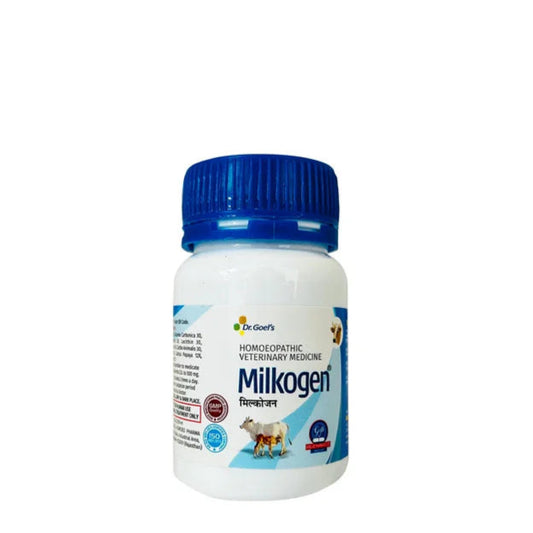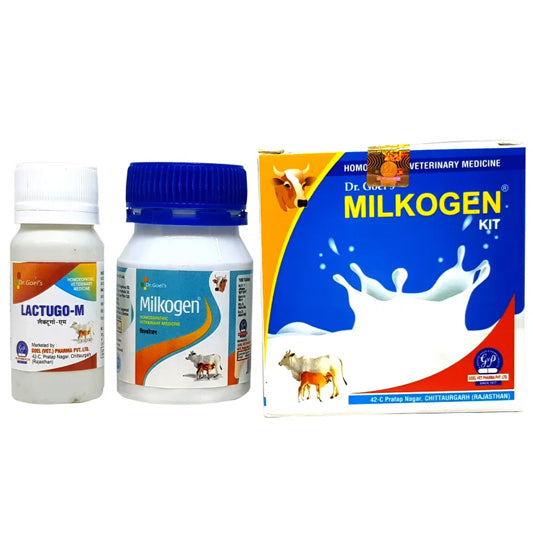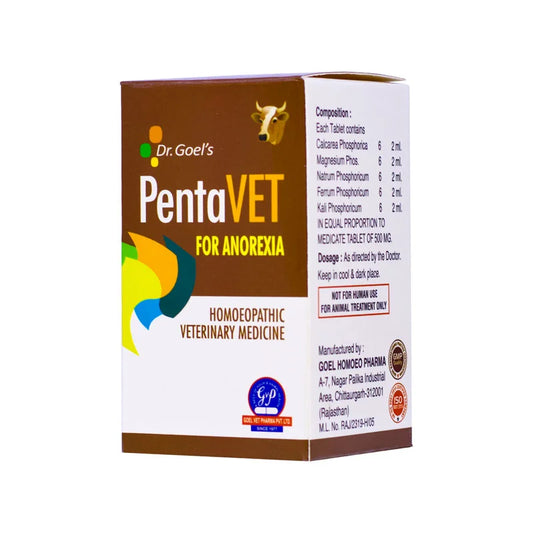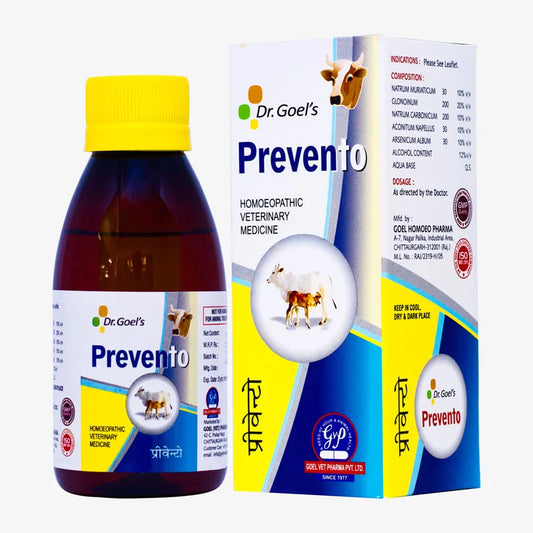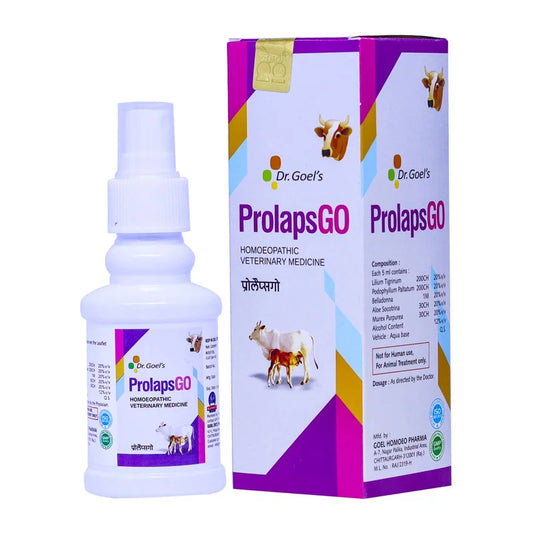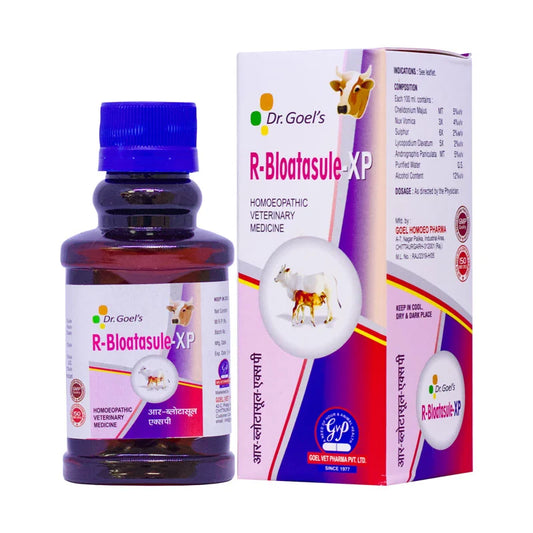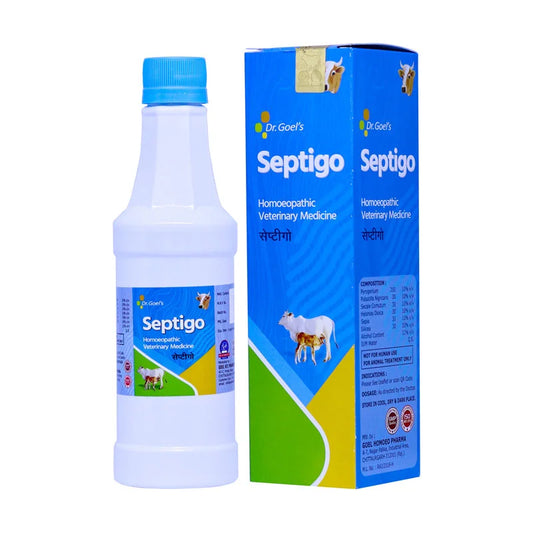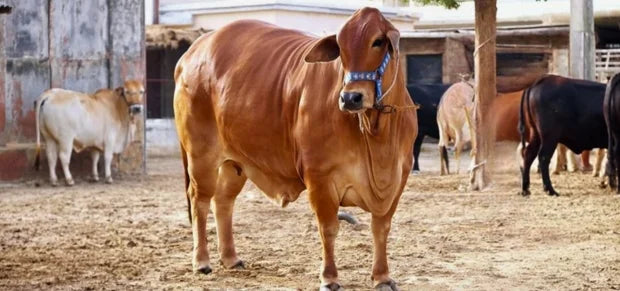
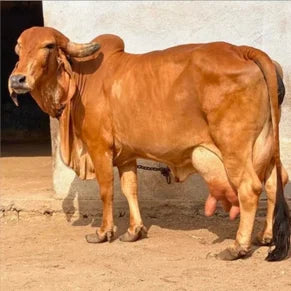
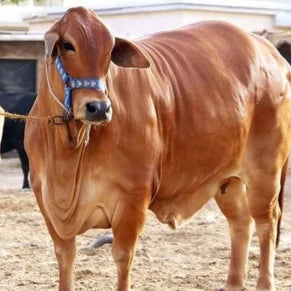
Sahiwal Cow
| Lifespan TheSahiwal cow typically lives between 12 to 15 years, although with propercare and health management, it can live even longer. |
Origin The Sahiwal breed originates from the Sahiwal district in the Punjab region of Pakistan. It is one of the most recognized dairy breeds in the world, found in the Punjab provinces of both Pakistan and India, particularly in Haryana, Punjab, and Rajasthan. |
| Temperature Adaptability Sahiwal cows are well-known for their heat tolerance, making them ideally suited for tropical and sub-tropical climates. They can withstand high temperatures and are resistant to common tropical diseases, especially tick-borne diseases. |
Weight ● Cows:300 to 350 kg (660 to 770 lbs) ● Bulls:400 to 450 kg (880 to 990 lbs) |
| Colors Sahiwal cows typically exhibit a reddish-brown or dun-colored coat. They may have darker shades, especially around the neck, head, legs, and tail. |
-- |
About the Breed
● The Sahiwal cow is an exceptional dairy breed known for its resilience and high milk production.
● They are well-suited for dairy farming, thriving in hot climates, and have resistance to various parasites.
● The breed is adaptable, surviving under harsh conditions, and is particularly good for crossbreeding to improve milk yields in tropical regions. Sahiwal cows are excellent milkers, prized for their fat-rich milk and disease resistance.
Milk Production
● Sahiwal cows are highly valued for their high milk yield and quality.
o Average milk production: Around 2270 liters per lactation (approx. 5.5–8.5 liters/day).
o Their milk has a high butterfat content, making it valuable for making dairy products like butter, cheese, and ghee.
Common Problems in Sahiwal Cow
Tick-Borne Diseases
Despite their resistance, they may suffer from diseases like anaplasmosis and babesiosis, primarily caused by ticks. These infections can weaken them, affecting overall health.
Foot Problems
Conditions like foot rot can arise, particularly in wet, unhygienic conditions.
Heat Stress
Even though Sahiwal cows are heat-tolerant, extremely high temperatures or humidity can affect their milk production and overall health.
Reproductive Problems
Infertility or breeding issues can occur in poorly managed herds, often caused by poor nutrition or improper care.
Digestive Problems
They can experience digestive disturbances, including bloating or diarrhea, especially if not fed the proper diet.



